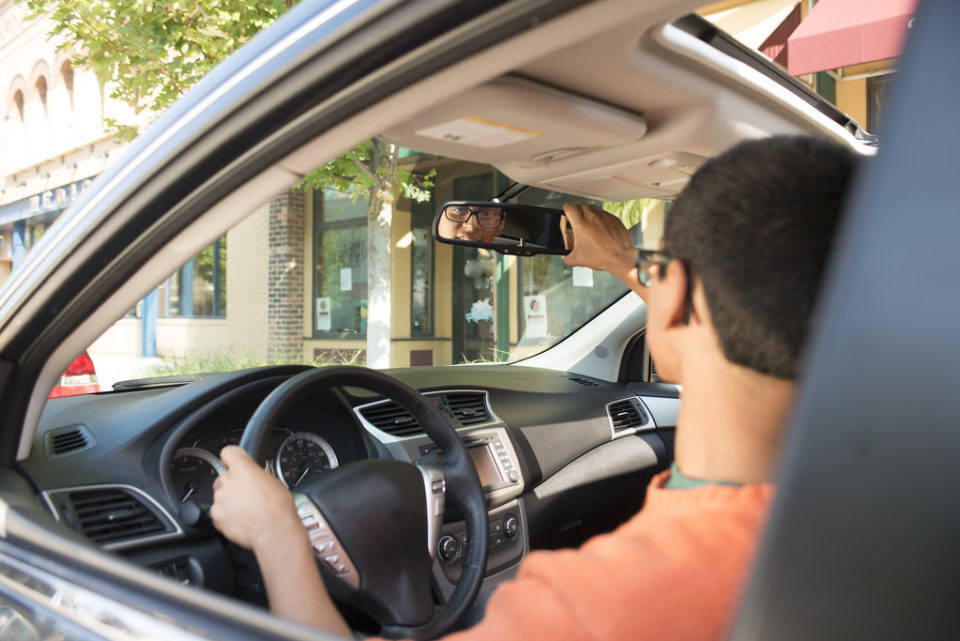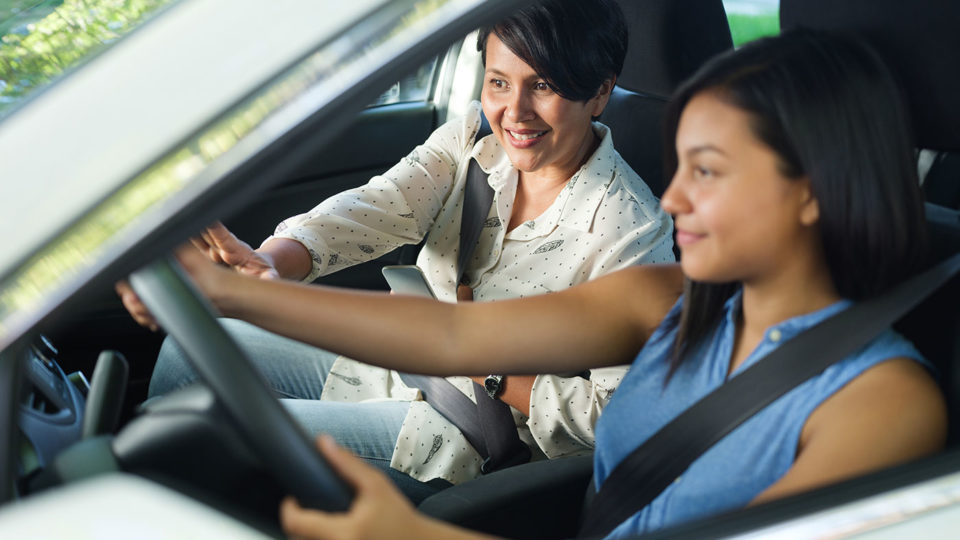Learning to become a driver and getting your own transportation can be one of our biggest freedoms.
When you have your own car, you don’t have to rely on public transport. Sure, public transport can be great. It can be low cost and better for the environment. You can focus on work or leisure while on the road rather than focusing on driving.
But you are also constrained to specific timetables and subject to strikes, delays and cancellations. You have to get to and from stations. You’re required to carry your own luggage physically. When you drive, everything is simplified. If you have children, the scenario can become easier; you don’t have to worry about your children getting lost or other inconveniences.

But becoming a driver involves responsibility. Here are some tips for becoming a responsible driver and ensuring you are as safe as possible every time you’re on the road.
Avoid Driving While Tired
It may be tempting to drive when tired. Maybe you stayed out longer than planned and you still need to get home. Maybe you didn’t get enough sleep the night before but have somewhere to be in the morning.
But driving while tired is dangerous and irresponsible. You need to be fully alert when driving. If you begin to feel tired, reaction times can be slower and you fall asleep at the wheel.
A better approach if you’re too tired to drive, is to order a taxi or use public transport; you can retrieve your car the next day. Another approach if you being to feel tired, find a safe place to pull over and rest and consider getting refreshed with a preferred beverage.
Avoid Driving While Unwell
Avoid driving if you’re not feeling well. Operating a vehicle when sick can impact your ability to focus. Taking medicine before driving is also not recommended. Many medications include labels that warn the medication can cause drowsiness.

Instead, stay home. If you are too unwell to get to the doctor by taxi or public transport, call for a phone consultation and your doctor may even be able to do a home visit.
Avoid Driving While Emotional
If something has upset you, angered you or invoked any other form of intense emotion, it’s important not to drive. Too often, people drive after an emotional situation. Driving while emotional can inhibit your ability to focus on driving.
Know What to Do In An Accident
It is important to know what to do after an accident. Whether it involves another car, a pedestrian or someone else’s property.
If you experience an accident, you need to make sure to stop as soon as it’s safe and survey the situation. You will be able to check if anyone is hurt and call for help, if required.
You will also be able to collect details from other drivers involved. This should include their name, registration and license number and make and model of their vehicle. The time and date of the incident, details of what happened, damage caused and any other pertinent information you may need to provide to your insurance company and Geico car accident settlements.
Have Everything You Need On Board
Make sure you have all car care equipment and emergency equipment on board. The proper checklist includes a first aid kit, jumper leads, fire extinguisher, warning triangles, tow cables, a spare tire, emergency assistance numbers, and your insurer’s number. It’s important to be prepared if an emergency occurs.
Driving can be convenient and beneficial, but it should also be safe.
Content provided by The Weekly Driver News Service an additional news sources.
Article Last Updated: July 28, 2022.
